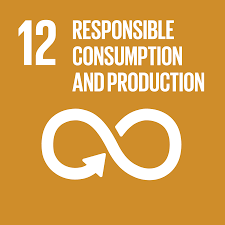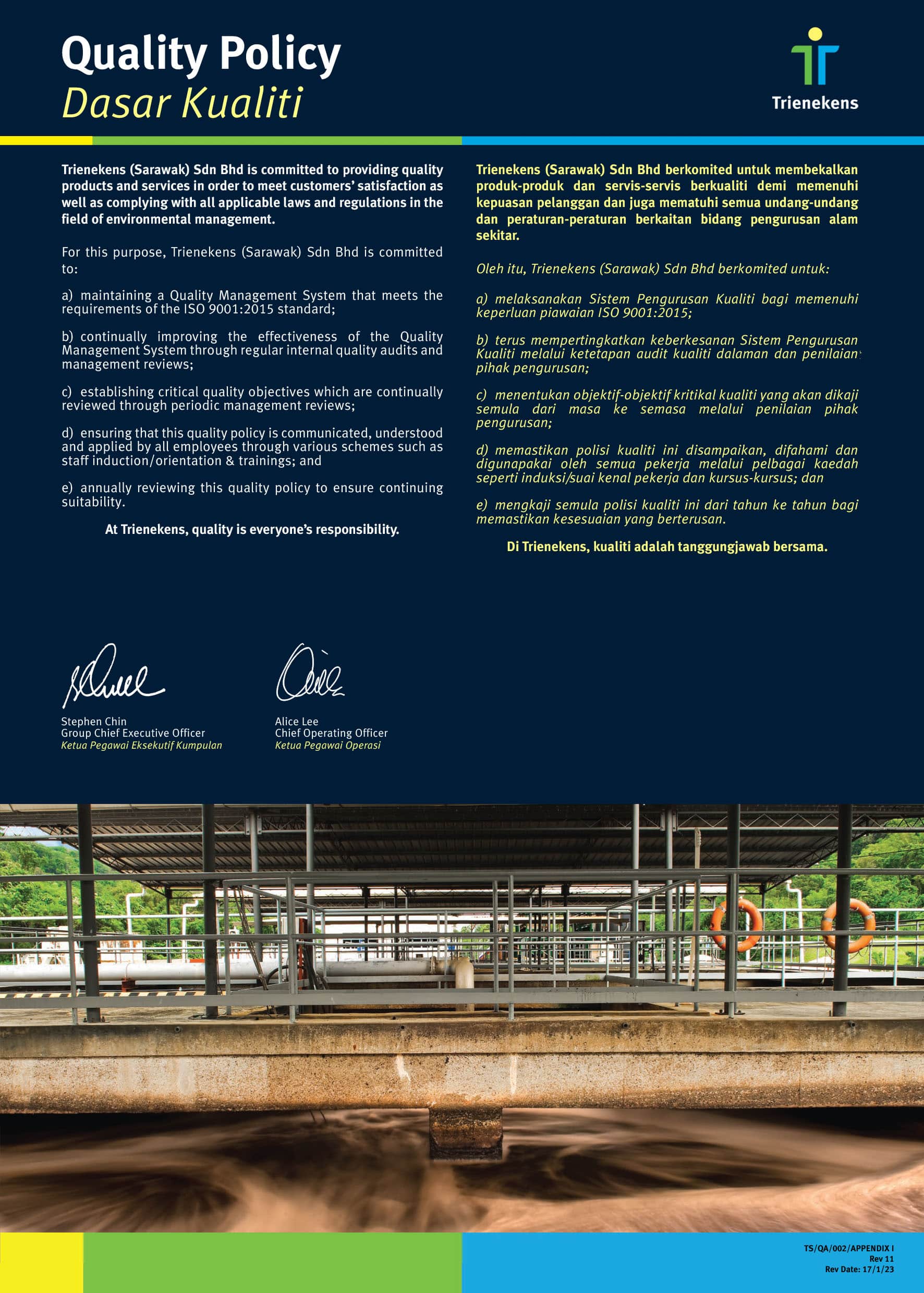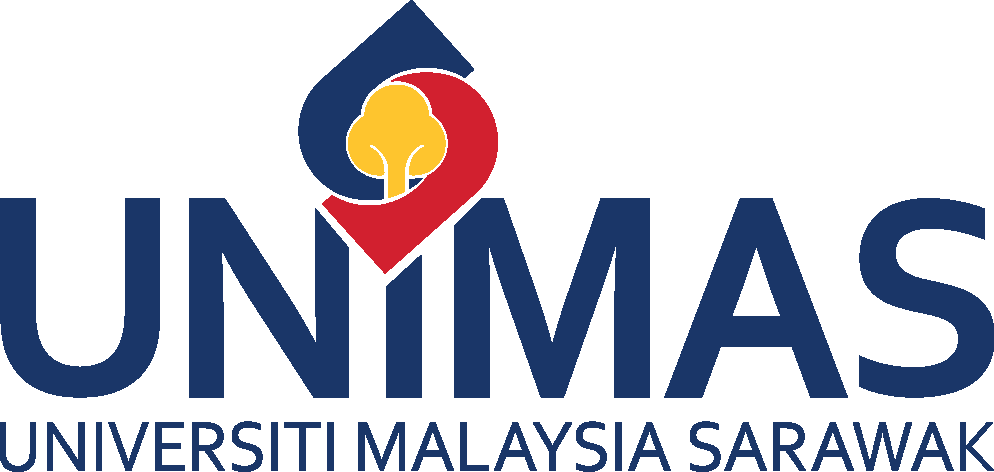
SDG12
RESPONSIBLE CONSUMPTION AND PRODUCTION
RESPONSIBLE CONSUMPTION AND PRODUCTION
12.2 Operational measures
12.2.4 Policy waste disposal - landfill policy
Have a policy on waste disposal - to measure the amount of waste sent to landfill and recycled
Have a policy on waste disposal - to measure the amount of waste sent to landfill and recycled
No. | Description | Evidence | ||||||||||||
|---|---|---|---|---|---|---|---|---|---|---|---|---|---|---|
1. | UNIMAS practices outsourcing for waste disposal procedures comply with the Environmental Quality (Scheduled Wastes) Regulations 2005. | |||||||||||||
2. | UNIMAS practices outsourcing for waste disposal procedures comply with the Environmental Quality (Scheduled Wastes) Regulations 2005. Document can be download at https://ewaste.doe.gov.my/wp-content/uploads/2020/12/Environmental_Quality_Scheduled_Wastes_Regulations_2005_-_P.U.A_294-2005.pdf | |||||||||||||
3. | All solid waste in UNIMAS is also managed by Trienekens (S) Sdn Bhd where this solid waste will be sent to a landfill for disposal in accordance with the quality and environmental policy practiced by Trienekens. To avoid any leaching of pollutants into groundwater, the landfill is built with a multi-layer base sealing system, comprising of a highly resistant sealing layer using the latest environmental safety material, covered by geotextile and a drainage and filtration layer to guarantee undisturbed flow of the leachate wastewater into the surrounded leachate collection pipes, at all times. | |||||||||||||
4. | UNIMAS follows Sarawak Governement commitment to adopt sustainable practices as part of its development goals, in line with the state’s Post-COVID-19 Development Strategy (PCDS) 2030. This vision includes a focus on environmental sustainability and integrating circular economy principles. Solid waste management is a vital part of achieving this goal, as it directly influences how materials are used, reused and recycled, preventing the depletion of natural resources. Sarawak’s waste management system follows a different path than the other regions of Malaysia. Rather than being monitored by dedicated federal agencies, SWM in Sarawak is still under local authorities (LAs) via the Local Authority (Cleanliness) By-Laws 1999. While Sarawak has made some strides in recycling, it still lags behind more advanced economies, including that of the Peninsular. This highlights the need for increased infrastructure, better policies, and greater public awareness to support the state’s shift toward a circular economy. More recently, the Sarawak Premier has announced plans to replace landfills with hi-tech incinerators to manage waste more sustainably. The state Economic Planning Unit is currently studying the feasibility of setting up two incinerators, one each for the northern and southern zones of Sarawak. The study, expected to be completed by the first quarter of 2025, will explore waste-to-energy technology. Source: https://www.rakansarawak.com/v3/2024/10/03/solid-waste-management-swm-challenges-opportunities-and-community-involvement/ | |||||||||||||



